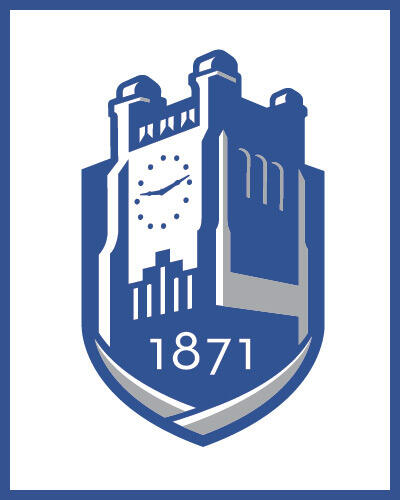
Classes
-
BLKS 200: Introduction to Black Studies
This course will serve as an introduction to the broad field of Africana/Black studies. Inherently interdisciplinary, Africana/ Black Studies draws on the fields of history and literature, arts and material culture, as well as political science, geography, and sociology. Black Studies emerged out of the Civil Rights and Black Power movements of the 1960s and offers an important and compelling angle for analyzing American history and culture. In fact, Black Studies takes on directly the interconnected nature of slavery and freedom in United States history and their enduring legacies. This class will introduce students to key themes and issues in Black Studies, as well as a range of disciplinary approaches to their study. Among these are the relationships between African Americans and Africa and the Diaspora. Offered at least once in four semesters.
-
WGST 100: Intro Women's & Gender Studies
An introduction to historical and contemporary feminist issues and to problems of special importance to Women’s and Gender Studies, which students may go on to pursue in further depth. Examples include the nature of gender in the US and cross-culturally; how gender functions within a system of privilege and oppression; how gender intersects with other forms of oppression such as race, class, and LGBTQ status; and feminist activism across the three feminist “waves.” In the course of examining these topics, students will be introduced to a wide array of feminist theoretical frameworks, Liberal Feminism, Radical Feminism, Black Feminism, and Postmodern Feminism. Students will then explore applications of these theories to various topics of historical and contemporary interest to women, such as pornography, sexuality, violence, and sexual assault, among other topics.
-
WGST 201: Topic: Women & Health
This is a slot course that focuses on an historical and/or political aspect of Women’s and Gender Studies. Each section will incorporate recent feminist scholarship, methodologies, concepts, and analyses. In addition, each section will utilize feminist pedagogy to foster a climate of mutual inquiry and exchange of ideas between faculty and students. This course may be taken for credit multiple times with different subtitles. Not offered on a regular basis